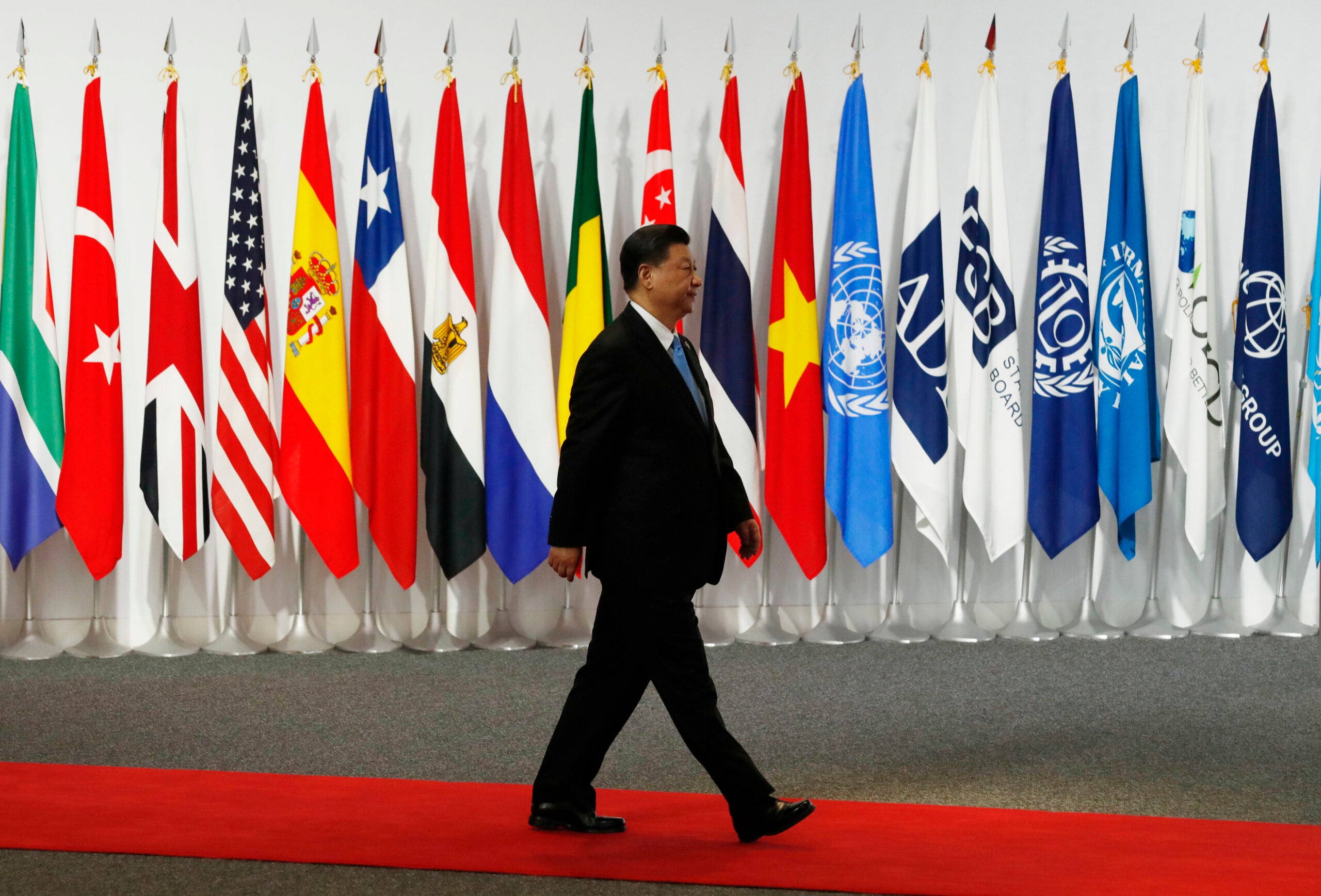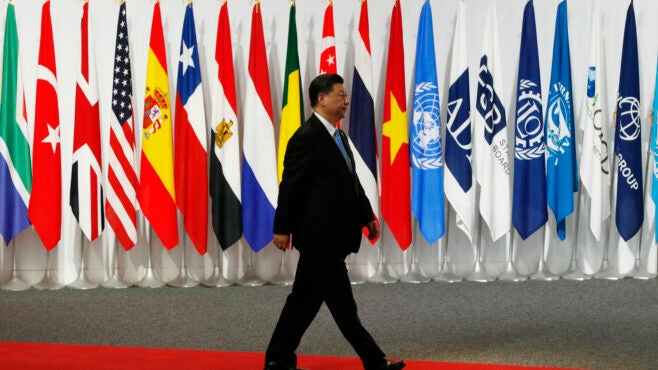
President Xi Jinping’s landmark announcement on carbon neutrality is game-changing. It places climate policy squarely at the centre of China’s post-Covid recovery. It revives international action on climate change, and it opens the door to a new era of cooperation between the EU and China.
However, for the potential in China’s new climate pledge to be realised, the EU needs to step up its own climate efforts and keep the pressure on China to develop the policies and milestone targets to meet its commitment. While the leadership in Beijing clearly sees climate action as in the country’s own interests, it will face considerable domestic resistance.

Discover B2B Marketing That Performs
Combine business intelligence and editorial excellence to reach engaged professionals across 36 leading media platforms.

In the announcement, made by President Xi at the UN on 22 September, China commits to becoming carbon neutral before 2060. It commits the world’s largest emitter to substantially decarbonise its economy, representing a massive investment not only in renewable energy, but in moving beyond fossil fuels in all manner of industrial applications.
Crucially, it promises to turn China’s post-Covid recovery away from business as usual. It is likely to end the efforts of Chinese provincial authorities to channel vast quantities of post-Covid stimulus spending towards carbon-intensive projects.
It also transforms the international climate policy arena. For the first time, China has enhanced its climate pledge ahead of the US and, arguably, most of the other major emitters, including the EU. While the EU may have pledged to become climate neutral in 2050, and to include the other major greenhouse gases in addition to carbon, China’s recent pledge implies a rapid shift from peak emissions to zero in less than three decades. That presents a much greater and steeper decarbonisation trajectory than in the EU, where emissions have been declining since 1990, and the US, where emissions peaked in 2005.
The pledge did not emerge in isolation: it followed talks between the EU and China that put cooperation on climate in the context of the two parties’ wider trade and investment relationship. The EU has been pursuing an engagement strategy with China that combines competition, rivalry and cooperation. However, it has been struggling to make progress on areas of cooperation; this pledge should hopefully add real substance to the cooperation pillar.

US Tariffs are shifting - will you react or anticipate?
Don’t let policy changes catch you off guard. Stay proactive with real-time data and expert analysis.
By GlobalDataHowever, the pledge is only a first step – and it can be leveraged by the EU to cement and increase its own climate action, to inspire increased effort by other emitters and to encourage China to put in place the policies that will be needed to achieve it.
The EU needs to use China’s commitment as a springboard for a strong nationally determined contribution (NDC), the emissions reduction plan required as part of the Paris Agreement process. Revised NDCs are due to be submitted by the end of this year, and China’s target should act as a spur for the EU to increase its intermediate 2030 emissions reduction target to at least 65% below 1990 levels, up from 40% at present. The move by China should allow the European Commission and climate-progressive member states to silence recalcitrant Eastern European countries, who have argued the EU should not move ahead of its international peers.
A more ambitious NDC from the EU, alongside China’s 2060 pledge, will put pressure on other leading emitters to increase their own emissions targets. To date, many of the revised NDCs that have been submitted have disappointed. Of the 19 countries that had submitted revised NDCs by 20 September, seven – including Australia, Indonesia, Japan, Russia and New Zealand – do not increase the emissions target they set in 2015.
In addition, the EU would be well placed to encourage China to flesh out its pledge if it came out with a stronger emissions reduction commitment itself. This could include pressure on China to set a goal to peak its emissions before 2025 and to agree milestone targets on its way to its carbon neutrality goal. Beijing also needs to commit to an immediate halt to building new coal-fired plants at home and to financing them abroad.
However, none of this is to deny the game-changing nature of President Xi’s announcement. It shows that Beijing increasingly considers bold action on climate change and other environmental challenges to be compatible with its continuing prosperity. Indeed, analysis by Cambridge Econometrics suggests that investing in low-carbon generation to move towards the 2060 target could boost China’s GDP by as much as 5% later this decade, with continuing positive impacts due to reduced fossil fuel imports.
By linking climate action with economic opportunity, China joins the EU. They stand in stark contrast with the current administration in the US, which refuses to recognise the potential of the low-carbon transition to be a source of innovation, jobs and economic growth. China and the EU appreciate the costs involved in failing to tackle climate change and recognise that, economic competition and geopolitical rivalry aside, cooperation on climate change and the clean energy transition is in everyone’s best interests.
Li Shuo is senior global policy advisor for Greenpeace East Asia based in Beijing.





